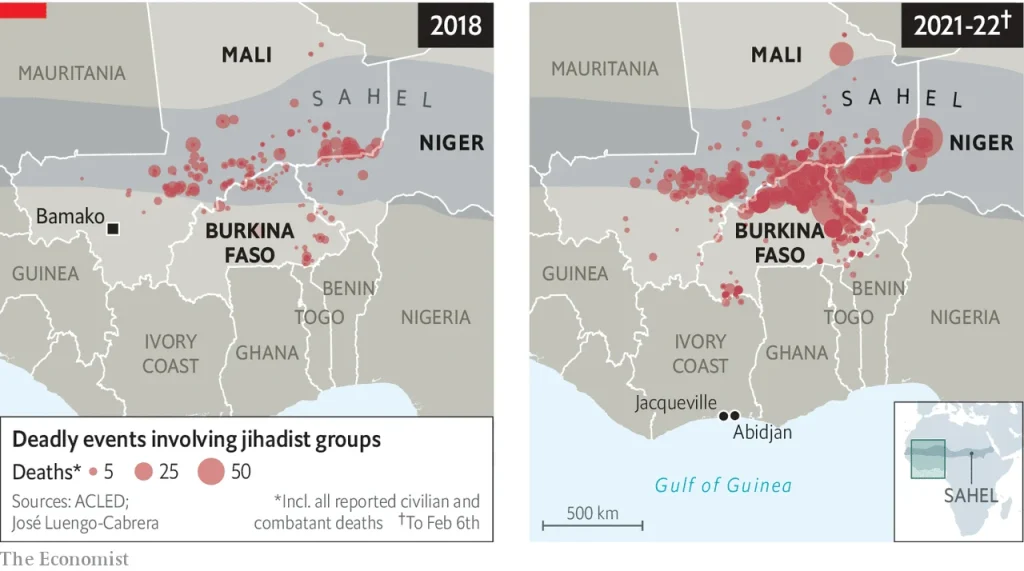African economies are at risk of falling behind in the rapidly evolving artificial intelligence (AI) landscape, which is reshaping global business practices. The continent’s limited virtual storage capacity and outdated mobile technology are significant barriers to fully embracing this shift.
Businesses that integrate AI into their operations require high-speed connectivity and large-scale data storage, prompting tech companies to invest billions in virtual data storage facilities worldwide. However, Africa is still focused on closing its connectivity gap, particularly in rural areas, according to the African Telecommunications Union (ATU).
Despite progress in moving away from 2G technology, Africa continues to invest in 3G and 4G networks, while much of the world is adopting 5G. This newer technology is essential for supporting advanced fields like autonomous vehicles, urban management, and digital content creation.
John Omo, ATU’s Secretary General, emphasized that for Africa to transition into the AI era, governments and the private sector must invest in cloud storage and upgrade to 5G technology. Speaking at the Mobile World Congress (MWC) in Spain, Omo highlighted the need for public education to help users harness the opportunities AI brings.
“Switzerland alone has more cloud storage than the entire Sub-Saharan Africa. That shows how much progress we need to make in terms of building cloud infrastructure and creating a unified network across the continent,” Omo said. He also noted that AI, which relies heavily on data, is transforming industries such as agriculture, media, and ICT. However, African countries must improve their data legislation to ensure secure and efficient use of information.
Some African countries, like Kenya, have already made strides in regulating data use. Kenya’s Data Protection Act, enacted in 2019, provides guidelines for handling personal information. Other East African nations, including Uganda, Rwanda, and Tanzania, have followed suit, introducing similar legislation to protect data.
Omo stressed the importance of recognizing that we are now living in a data-driven economy, where access to and control of information will be key in shaping how AI can serve different sectors.
However, despite the progress in enacting data protection laws, the region still faces challenges related to internet access. The East African Community (EAC) and the broader Sub-Saharan Africa must bridge the gaps in internet coverage and usage to maximize the potential of new technologies like AI.
According to the Global System for Mobile Communications Association (GSMA) 2023 report on mobile internet connectivity, only 25 percent of Sub-Saharan Africa’s population—around 290 million people—have access to mobile internet, compared to the global average of 51 percent. An additional 15 percent, or 180 million people, live in areas without mobile broadband coverage, while 59 percent, or 690 million people, live within coverage areas but do not use mobile internet services.
One key factor limiting internet access is the availability of smartphones. In Kenya, smartphone ownership in urban areas stood at 56 percent by the end of 2022, but only 37 percent in rural areas. Even among those who own smartphones, 10 percent were not using mobile internet, with 27 percent unaware that such services exist.
As the AI revolution gains momentum globally, Africa will need to address these technological and infrastructural gaps to avoid being left behind. Investment in 5G technology, cloud storage, and public education will be crucial in ensuring that the continent benefits from the opportunities AI offers.





















